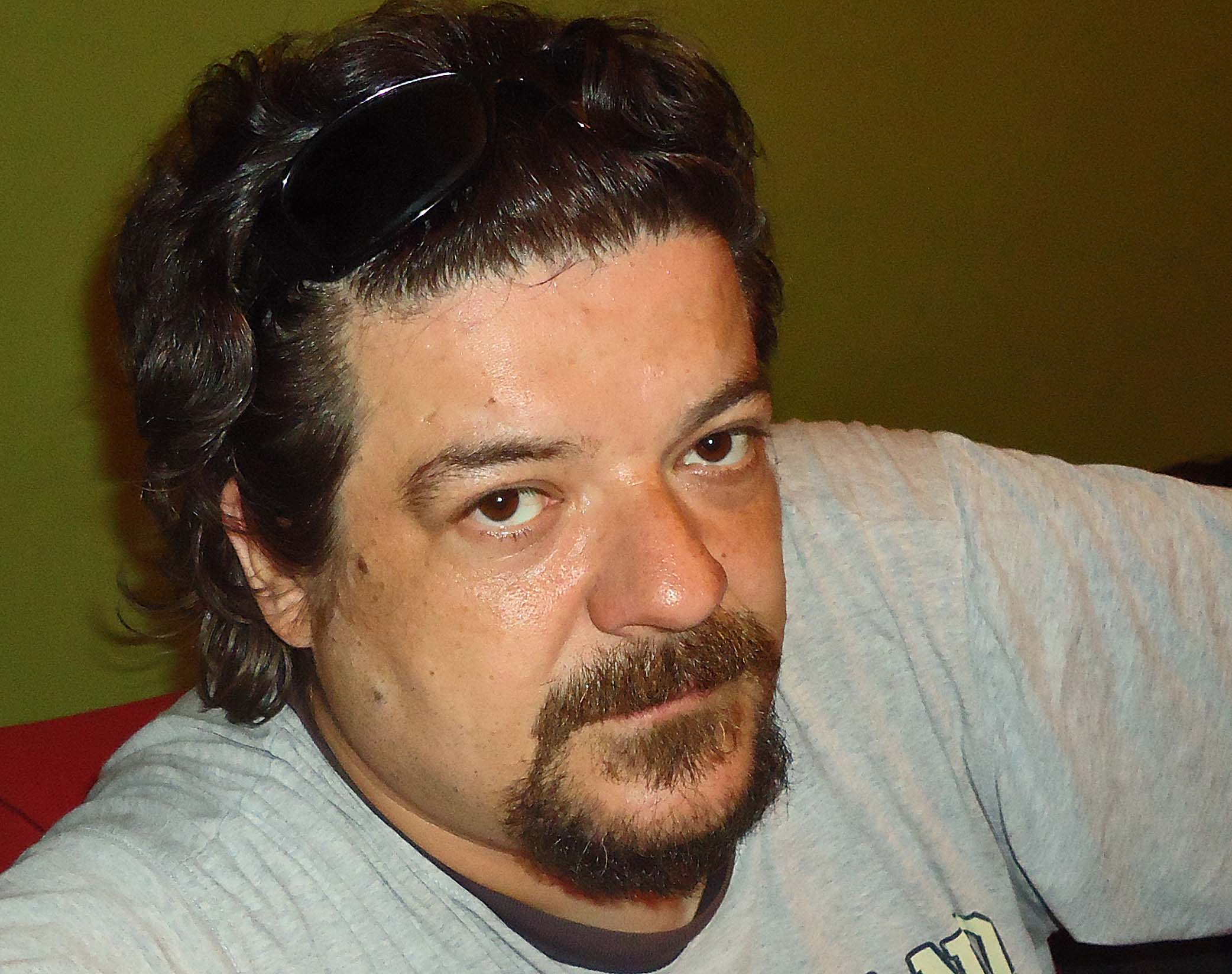S-goal: No vulnerable areas in the future-but when is not determined

In the future, there will be no vulnerable areas. This is what the Social Democrats want the goal of their integration policy.
« The vulnerable areas become social environments that do not provide good conditions for children to grow up in, » says Lawen Redar, party board member who has been responsible for the party’s integration policy together with Johan Attenius, municipal council in Gothenburg.
But to when the goal is to be reached is not decided.
– We have not put any year there, we want to make a power collection as soon as possible, says Johan Attenius.
The goal is to be achieved, among other things, by limiting for vulnerable areas for people living on support.
– But we don’t force anyone to move, says Jonas Attenius.
The ebo team that makes it It is possible for asylum seekers to choose where to live should be abolished, and new arrivals should not be assigned to municipal parts with vulnerable areas. According to Lawen, S integration policy is now based on four legs: partly an active language policy, the decommissioning of vulnerable areas and to fight unemployment to create integration.
But also a « tight migration policy ». It is a word choice that caused debate before the party program would be adopted. It ended with a compromise on a « long -term sustainable migration policy that needs to be tight for the foreseeable future ».
Sara Kukka-Salam, chair of the S-Association Faith and Solidarity is pleased with the compromise, but does not think the word « tight » belongs in a social democratic language.
– It is a signal word that is negatively charged and suggests that the problem is people who come.
Lawen Redar says that the discussion that was held was factual and good about the wording.
– It is very dangerous to rhetorically end up in something we never want to end up in. We do not point out groups, but we also admit that we need a tight migration and a well -functioning integration, she says.
Before Congress, Sara Kukka-Salam had a concern that the party would go so far.
– And that in the will to solve integration, one would stare blindly that the problems depend on the number of people who have come. I am glad that we have found better formulations that give a more balanced picture of the importance of immigration and diversity in Sweden, ”she says.
Lawen Redar says there is a situation where one must remedy a « serious integration debt » that « no government » has taken a serious grip on.
– But no government has taken a serious grip on this development. Now we have done a new analysis and want to bring Sweden in a new direction.







